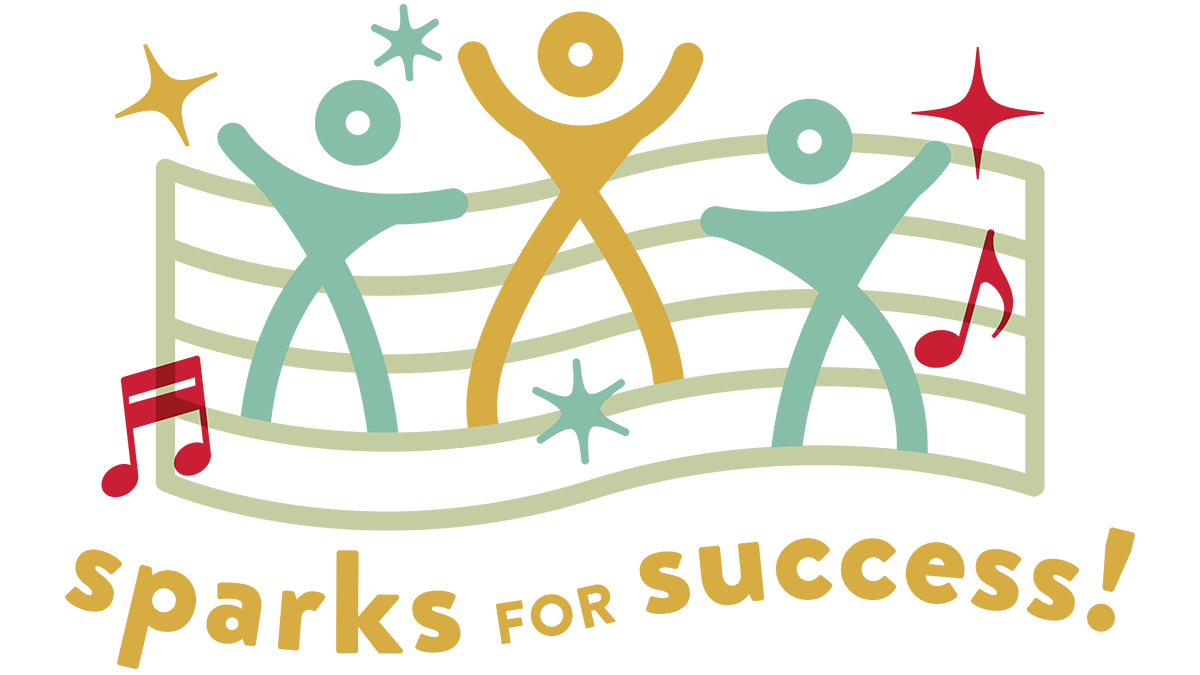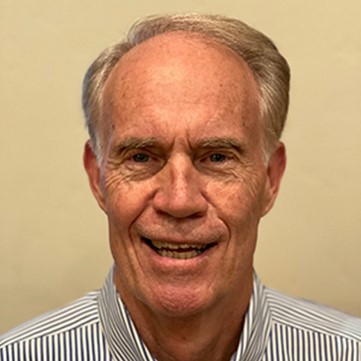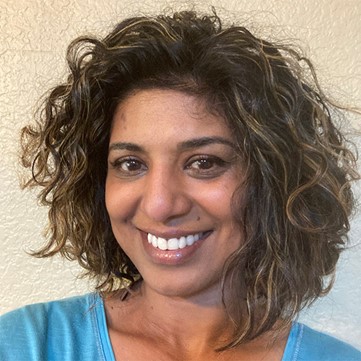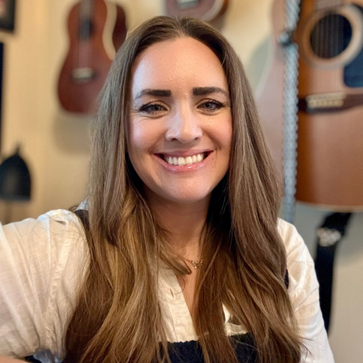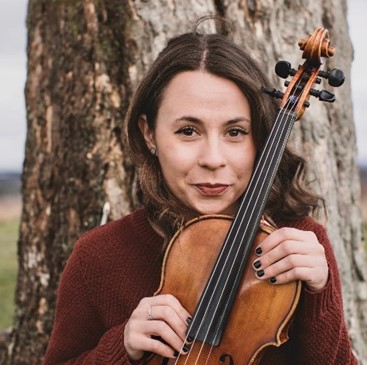ABOUT us
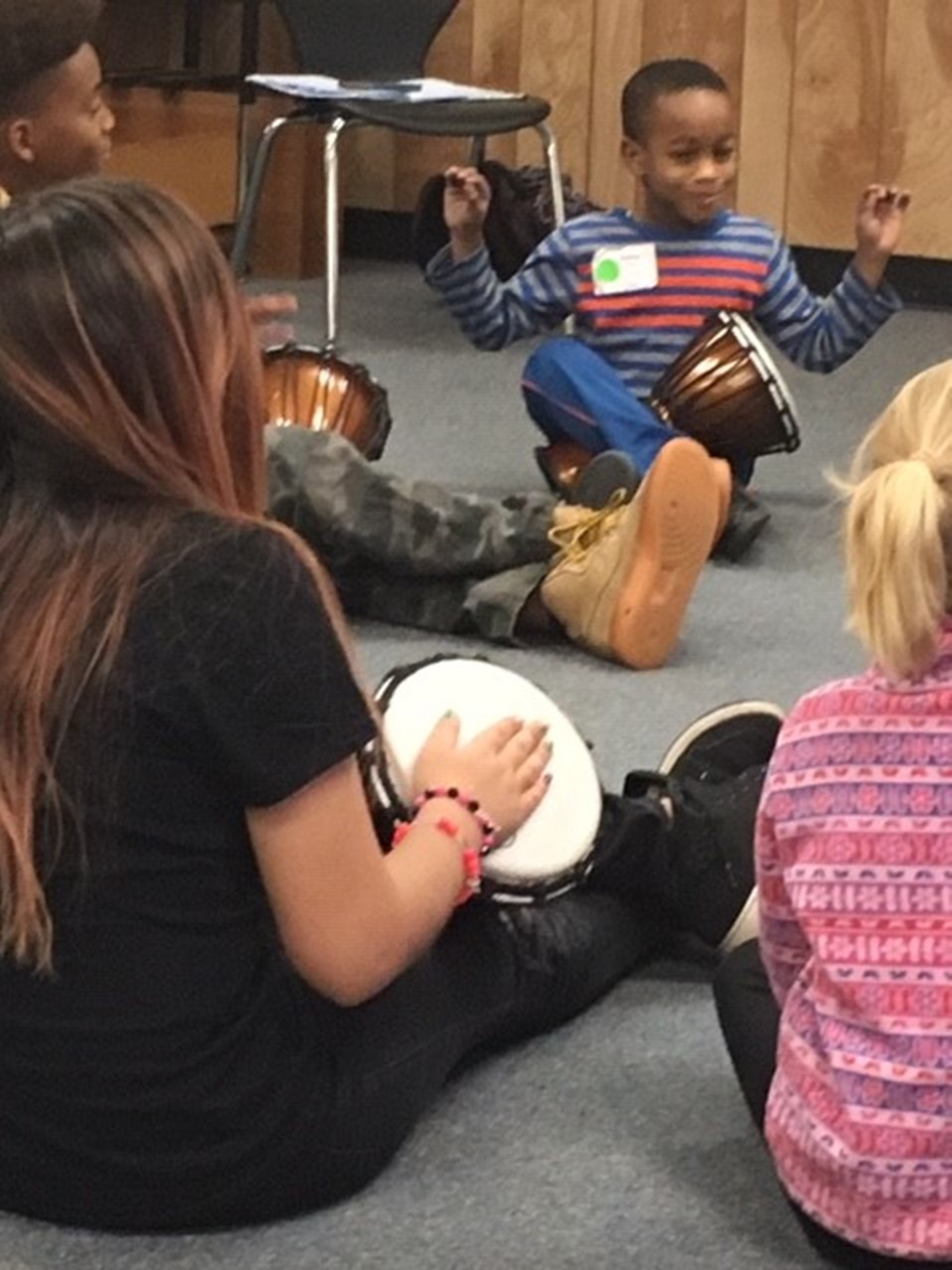
Our Story
Sparks for Success was founded to change the lives of a marginalized and often underserved group – children of inmates. In the state of Texas, current numbers show that there are approximately 500,000 children with an incarcerated parent. Youth with one or both parents in jail or prison make up one of the largest at-risk populations in the United States.
These children generally face unique challenges including trauma from parental separation, mental health issues, a lack of resources and increased financial burden. Sparks for Success students primarily live in impoverished areas and attend Title 1 schools throughout Central Texas. Many do not have reliable transportation to extracurricular programming. This is why we bring our program to their schools during the school day as a tool for early intervention.
Sparks for Success instills hope in our students as we teach them critical life skills through our music therapy and private music lesson programs. We understand a holistic approach is necessary to help our students change their trajectory away from generational incarceration and toward healing and success.
Our Vision
The vision of Sparks for Success! is to end generational incarceration and poverty for our students as they learn the skills to stay in school, graduate, and become productive citizens in our community.
Our Mission
The mission of Sparks for Success! is to help our students build their resilience and overcome their traumas through music therapy in order to succeed in school and in life.
Why Music Therapy?
Music therapy is an effective tool that we’ve seen help change young lives time and time again. Our program works with board-certified music therapists to promote mental well-being and foster the social and communication skills needed for our students to achieve academically, obtain and maintain jobs and ultimately end the school-to-prison pipeline.
Here’s why we believe music therapy works so well with our students:
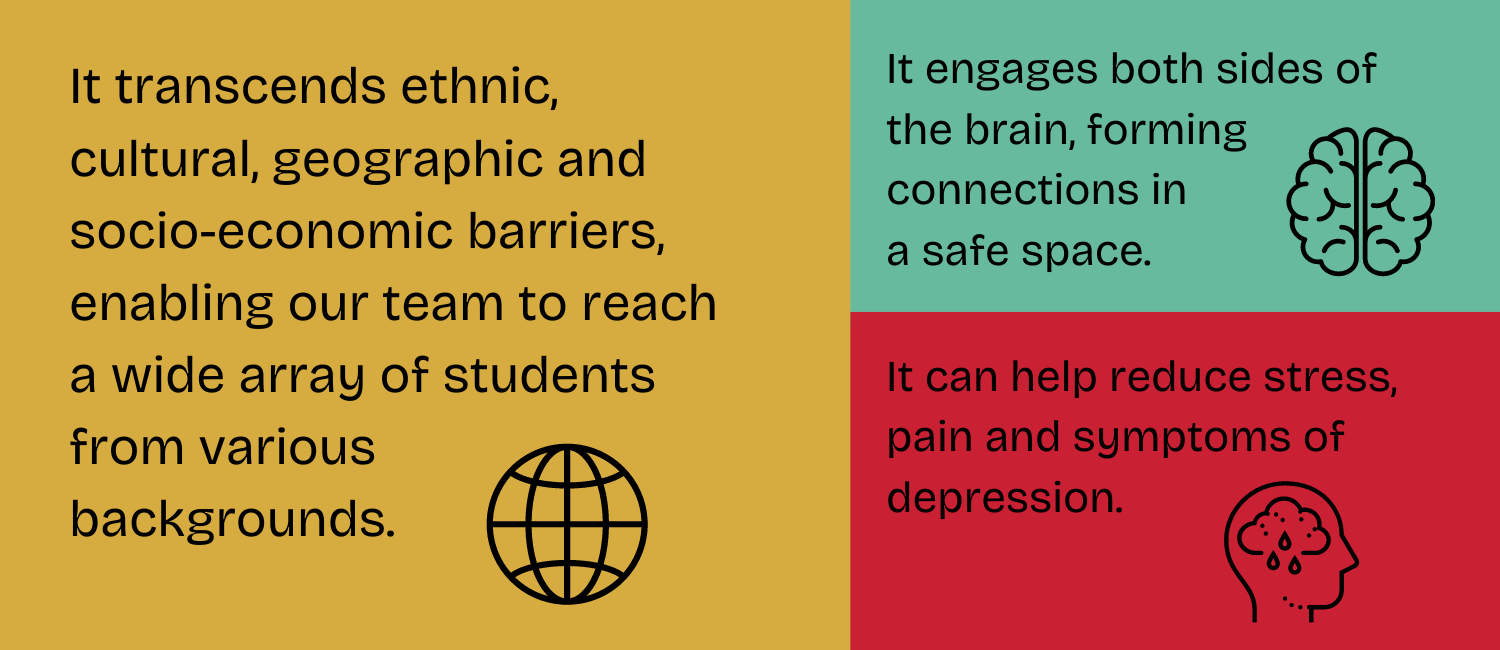
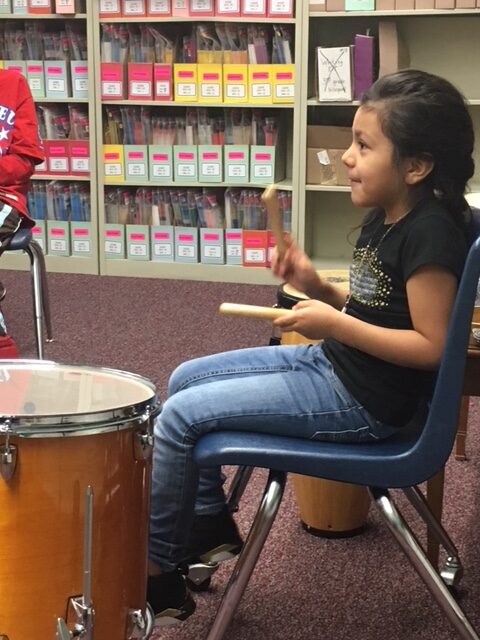
Why Children of Inmates?
Youth with one or both parents in a jail or prison make up one of the largest at-risk populations in the United States. Incarceration affects racial minorities and the economic underclass at higher rates than the white and middle- to upper-class population, putting more economic and psychosocial hardship on families that are already underserved.
Parental incarceration is recognized as one of the Adverse Childhood Experiences (ACEs) that can have lifetime detrimental impacts on brain development and physical health.
